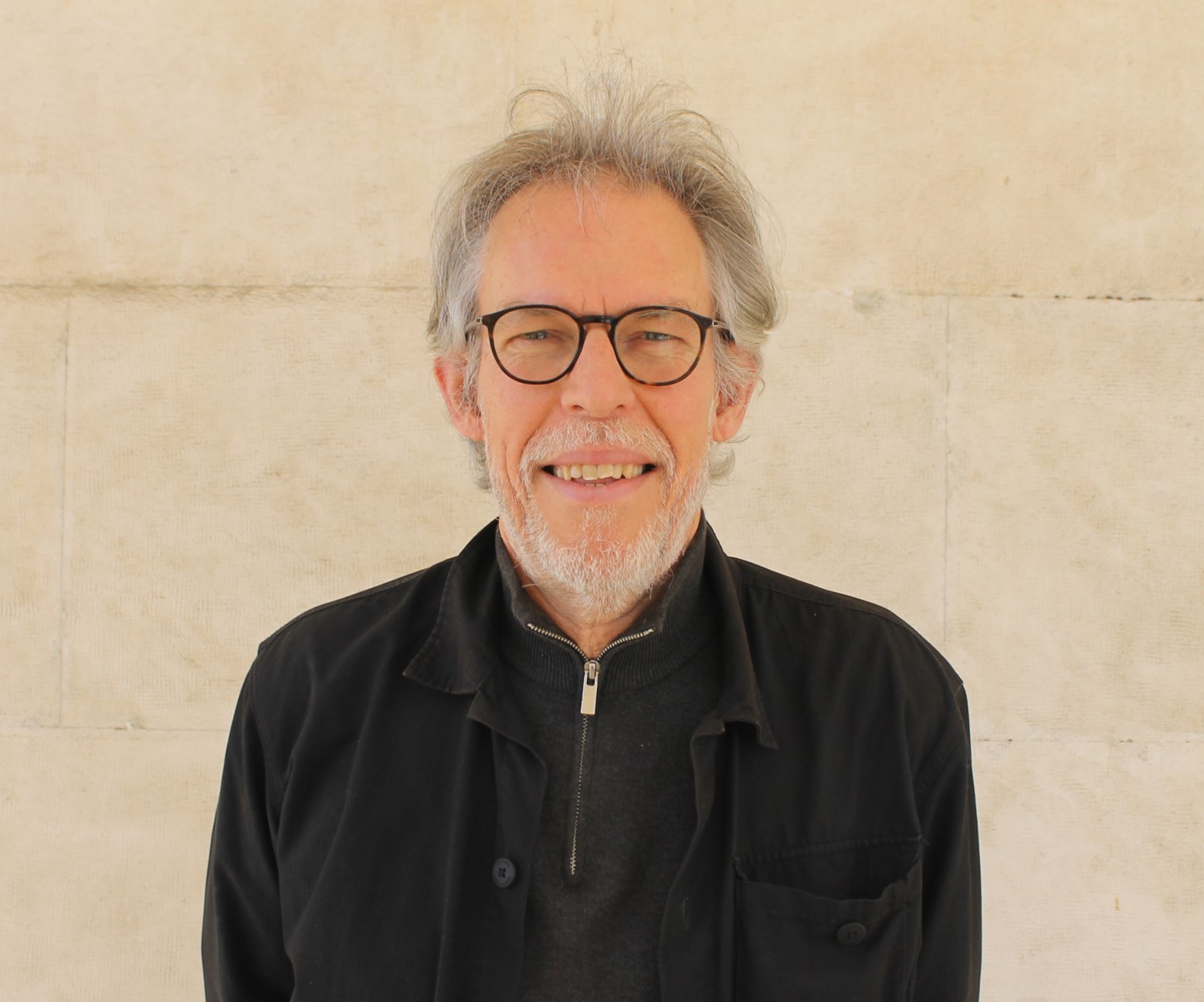
- +351 213 652 600
- +351 213 632 105
- Enviar Mail
- Download CV
- Orcid
- NOVA Research
Philip J. Havik
Grupo GHTM: IHC PhD members, Individual Health Care
Philip J. Havik (PhD Social Sciences, Leiden University, NL) is researcher at GHTM of the Instituto de Higiene e Medicina Tropical, Universidade NOVA de Lisboa (IHMT-UNL), while also lecturing at the same institution. Previously, he worked as researcher at the Leiden University Research School for African, Asian and Amerindian Studies (University of Leiden, The Netherlands) and at the Instituto de Investigação Cientifica Tropical (IICT) in Lisbon, amongst others.
He has taught at MSc and PhD level at the IHMT-UNL, amongst others in anthropology of health, public health and development, history of tropical medicine, MAC and integrative health systems. He previously taught colonial and post-colonial anthropology at the Faculty of Social Sciences and Humanities of the Universidade NOVA de Lisboa (FCSH-UNL). He acted as guest professor, at MA and PhD level, at the IHMT-UNL, FCSH-UNL and the Department of History of the Universidade de Brasília, and as supervisor of several MA and PhD theses.
He is the recipient of various (post-graduate and post-doctoral) research grants from the Fundação para a Ciência e Tecnologia (FCT), the Calouste Gulbenkian Foundation and the European Commission.
He is an associate researcher of the Instituto de História Contemporânea (IHC) of the FCSH-UNL and research fellow of the African Studies Centre (ASC) of Leiden University. He also serves as review-editor of the discussion network H-LusoAfrica (H-Net, Humanities and Social Sciences Online) while sitting on the advisory boards of several peer reviewed journals, including Medical History
His multidisciplinary research encompasses global health and tropical medicine, health systems, human resources in health, anthropology of health, history of tropical medicine, and complementary and alternative medicine (MAC), as well as colonial and post-colonial governance and development. His geographical focus is on sub-Saharan Africa and Portuguese Speaking Countries in particular.
Currently, his research centres on political epidemiology and the longitudinal analysis of health systems and epidemiological control programmes in sub-Saharan Africa, with a special emphasis on Neglected Tropical Diseases (NTDs), including Human African Trypanosomiasis (HAT) and malaria, as well as HIV and STDs. It covers regional health organizations in sub-Saharan Africa, as well as national dimensions, most particularly in Angola, Congo/Zaire, Guinea-Bissau and Mozambique. Recently, he also collaborated in research on tuberculosis among migrants of African origin and their access to primary care in Portugal. His work also addresses the broader development of global public health, social and travel medicine, as well as the medicinal uses of ethno-botanical species and indigenous healing traditions in sub-Saharan Africa. In addition, he engages in nutritional research, focusing on food production, informal markets and food security in African countries.
He has collaborated in several competitively funded research projects, amongst others ‘Empires, Centres and Provinces: the circulation of medical knowledge’ (PTDC/HCT/72143/2006), ‘The Invisibility of death in immigrant populations in Portugal’ (PTDC/CS-ANT/102862/2008), and more recently as PI of the project ‘Tropical Modernity, Public Health and Endemic Disease Control: the combat against malaria, sleeping sickness and syphilis in former Portuguese Africa (1920-1975)’ , (IF/01130/2013/CP1165/CT0002), all funded by the FCT.
He is currently researcher in the project “The worlds of (under)development: processes and legacies of the Portuguese colonial empire in a comparative perspective (1945-1975)” co-funded by the European Regional Development Fund and the FCT (PTDC/HAR-HIS/31906/2017 – POCI-01-0145-FEDER-031906).
- Sousa, J.D., Havik, P.J. Müller V. & Vandamme, A-M. Newly Discovered Archival Data Show Coincidence of a Peak of Sexually Transmitted Diseases with the Early Epicenter of Pandemic HIV-1, Viruses, 13, 2021: 1701; https://doi.org/10.3390/v13091701
- Ribeiro R; Havik, P.J., Craveiro, I. The circuits of healthcare: Understanding healthcare seeking behaviour—A qualitative study with tuberculosis patients in Lisbon, Portugal, PlosOne, 16(12): e0261688; https://doi.org/10.1371/journal.pone.0261688
- Galjour, J., Havik, P. J., Aaby, P., Rodrigues, A., Hoemeke, L., Deml M. J., Zhao, J. & Mpinga, E.K. 2021. Chronic political instability and HIV/AIDS response in Guinea‑Bissau: a qualitative study, Infect Dis Poverty (2021) 10:68; https://doi.org/10.1186/s40249-021-00854-z
- Catarino., L., Havik, P.J. & Romeiras M.M. 2016. Medicinal plants of Guinea-Bissau: therapeutic applications, ethnic diversity and knowledge transfer. J Ethnopharm, 183:71-94. https://doi.org/10.1016/j.jep.2016.02.032
- Havik, P.J. & Monteiro, J-P. 2021. Portugal, the World Health Organisation and the Regional Office for Africa: From Founding Member to Outcast (1948–1966), J Imperial & Commonwealth History. https://doi.org/10.1080/03086534.2021.1892374